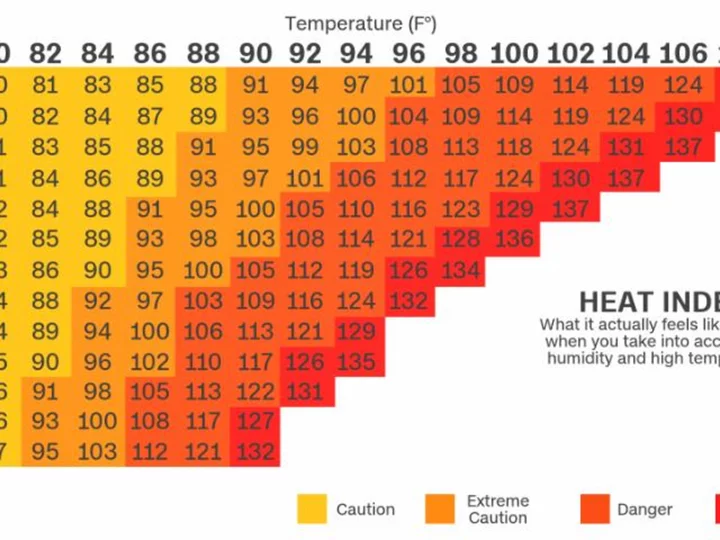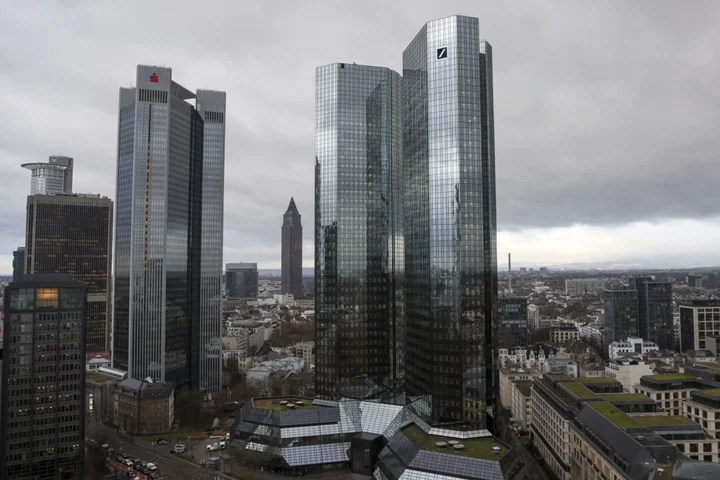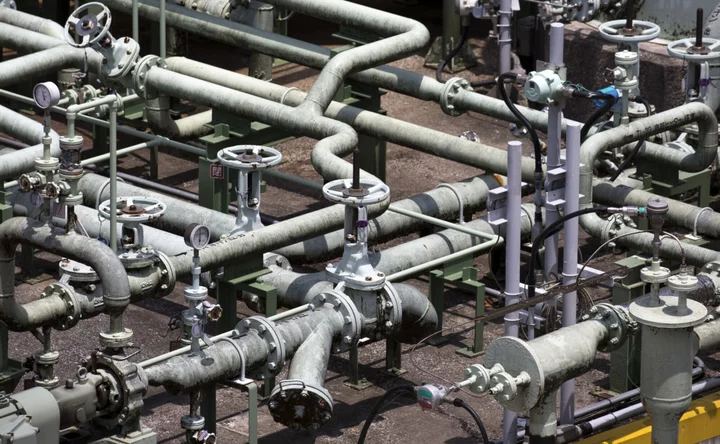Checking the temperature reading during a heat wave won't tell the whole sweltering story. It's going to feel a lot hotter.
Blame the heat index, also called "apparent temperature." It's a combination of air temperature and humidity, and it measures what the body actually feels, CNN meteorologist Haley Brink said.
"We should pay attention because of the way we, as humans, cool down," she said.
"We cool down by sweating, and that sweat evaporates off of our bodies, in turn decreasing our body temperature," she said. When it is really humid outside, the air's saturation level makes sweating much less effective: The sweat just builds up on skin like in a sauna, and the body doesn't cool down naturally.
So, a place with a predicted temperature of 100 degrees Fahrenheit and relative humidity of 73% can expect it to feel like 111 degrees, she said. And a forecast high temperature of 97 degrees, with relative humidity of 71%, will make it feel like 105.
And that's not even in the sun.
"When we, as meteorologists, forecast the high temperatures or the heat index, that is in the shade," Brink said. "The sun definitely makes it worse."
In "direct sunlight, the heat index value can be increased by up to 15 degrees Fahrenheit," according to the National Weather Service.
And the climate crisis is expected to increase exposure to dangerous heat index levels by 50% to 100% in much of the tropics and by up to 10 times across much of the globe, according to a 2022 study published in the journal Nature.
Of course, there are ways to combat the heat.
"We can beat it by getting inside near an air conditioner, staying hydrated by drinking lots of water and wearing moisture-wicking clothes," Brink said.
Minding that advice is especially important when nighttime and early morning lows approach high temperature records, she said. Overnight heat and the heat index were key factors in Chicago's 1995 heat wave, when more than 700 residents died.
"If it doesn't cool down enough overnight, there is not enough time for heat relief, especially in big cities where there are a ton of buildings, asphalt, concrete," Brink said. "These things absorb heat throughout the day and hold onto them at night. It is a cumulative effect."
Stifling heat often traces to a large "dome" of high pressure that parks over a region and acts like a "lid" on the atmosphere, Brink said. As hot air tries to escape, the heat dome's lid causes the air to sink. And when air sinks, it warms.









